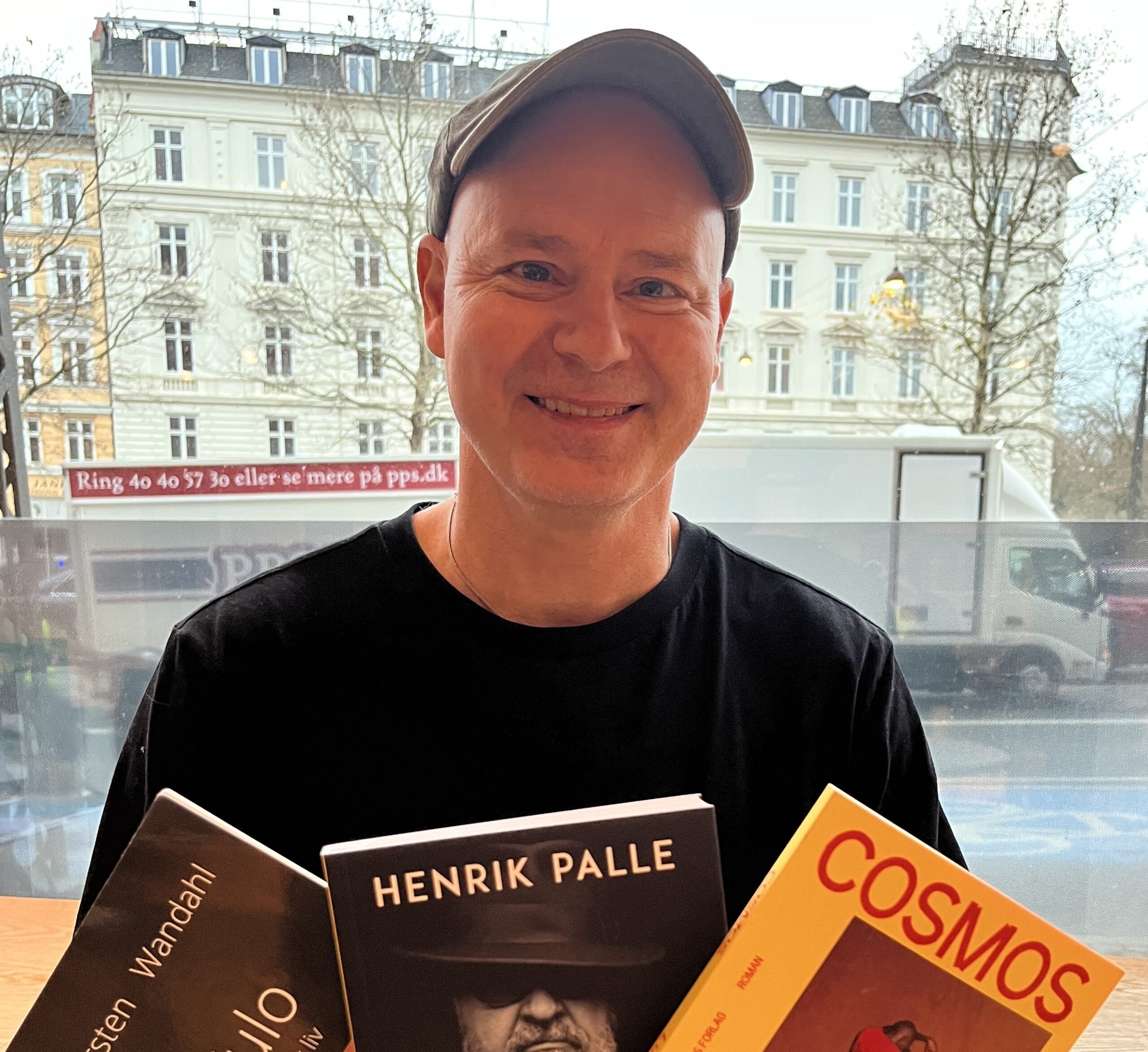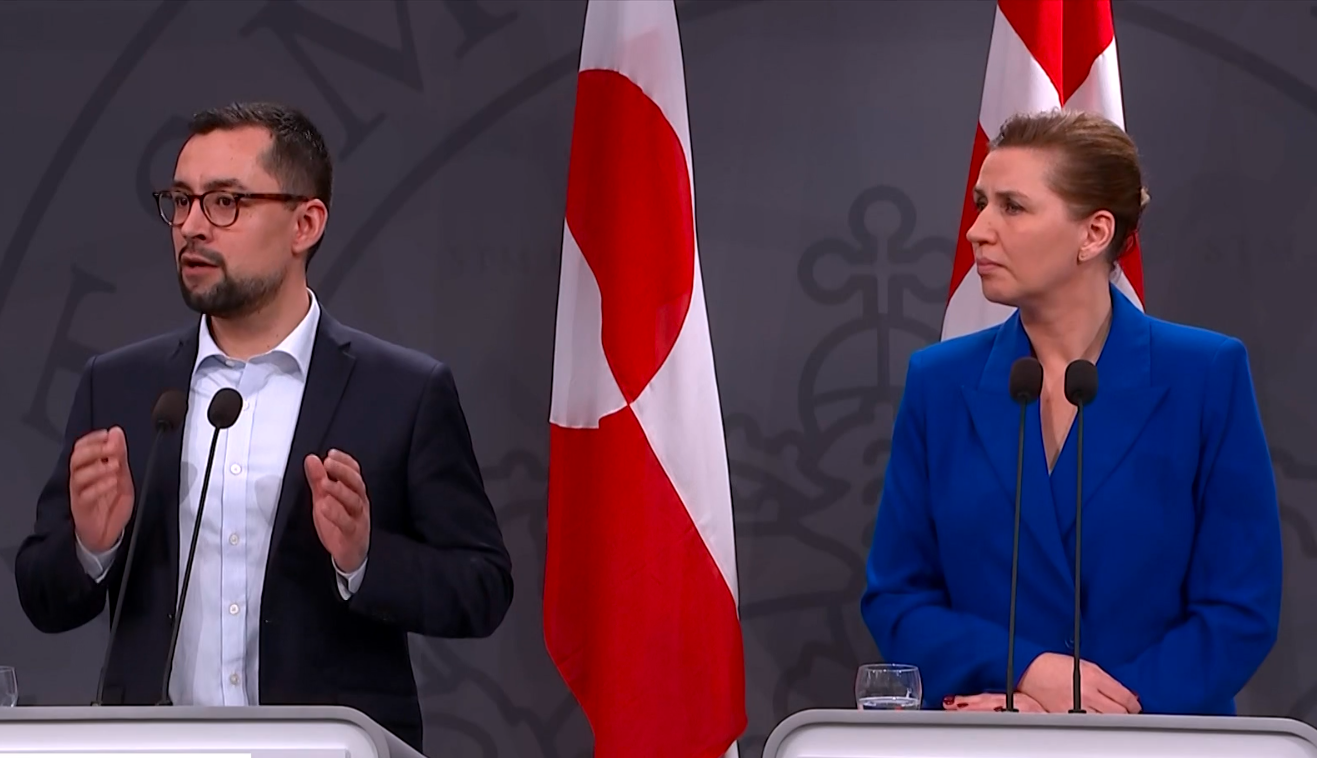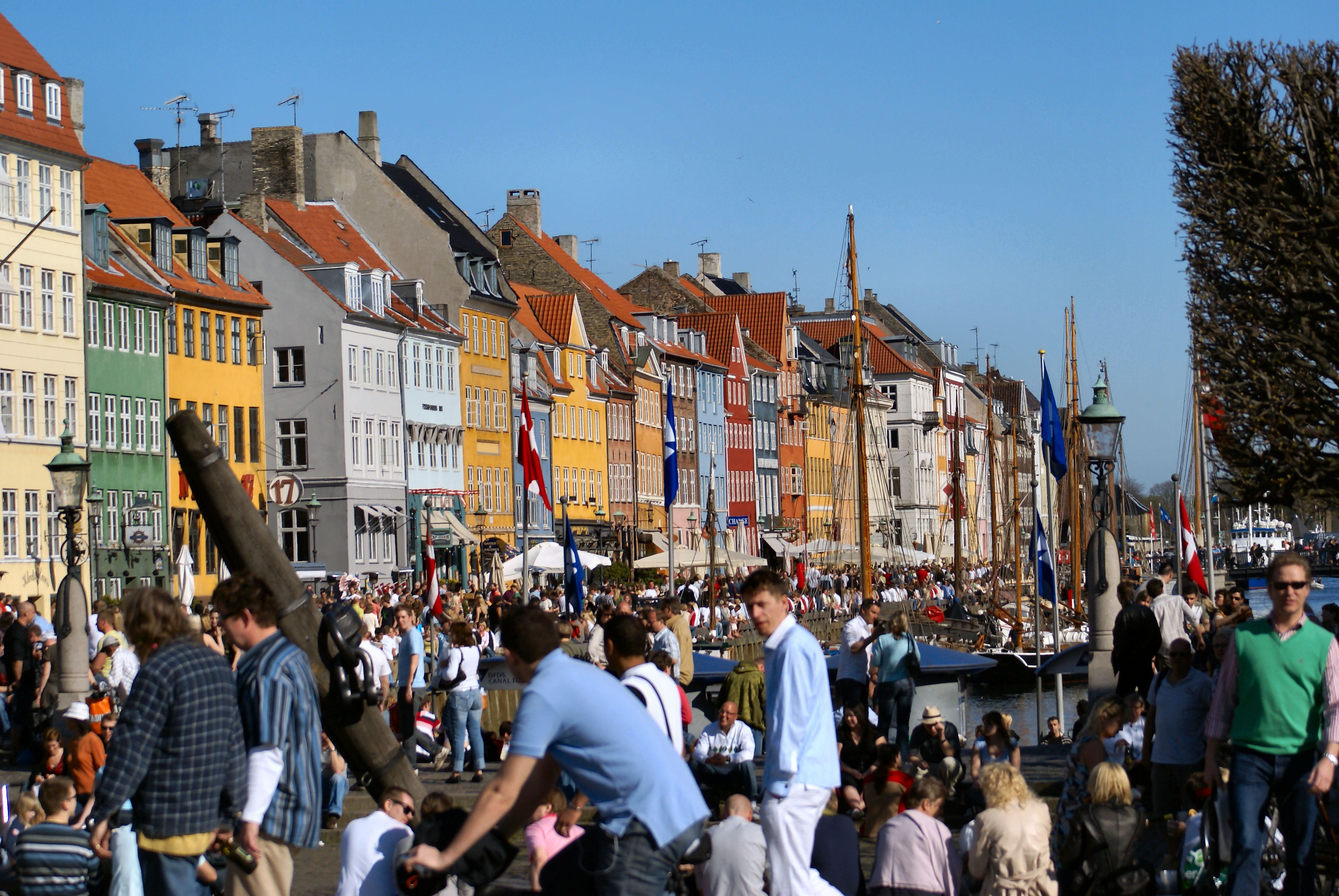Our report about the national burglary rate seemed straightforward enough. “There is an over-representation of Romanians and Lithuanians,” Michael Ask, the head of the police’s national investigation centre, told DR on May 14.
But according to Maria, a Romanian studying business language and culture at Copenhagen Business School, our reportage of DR’s story perpetuated a politically-correct inaccuracy by the police.
In stories like this and the one headlined “Police warn of organised Romanian burglars” (cphpost.dk, July 1), the burglars in question are strictly Romanian, she argued. They are Roma, and there is a big difference.
The point of no return
“Although the names seem alike, Romanians and Roma people share only a nationality,” said Maria.
“Their culture is different from ours. While there are misbehaving Romanians and well behaved Roma, the confusion has now got to the point where discrimination towards Romanians is ever-present and difficult to eliminate.’’
Maria questions what the media would do if Roma from Britain committed crime in Denmark. Would the headline read “Police warn of organised British burglars"?
Constantly referring to the Roma as Romanians, she warned, runs the risk of demonising a nationality “with good intentions” to the point of no return.
A sullied reputation
It is clearly having an effect. For example, hardly anyone batted an eyelid when Mogens Camre, the former MEP for Dansk Folkeparti, told France 24 that when it came to voting within the EU, “Romanians and Bulgarians did not deserve any say over countries that are more healthy and viable.”
“When I look at the voting rules, I see that countries like Romania and Bulgaria have many more votes than Denmark, Sweden and Finland,” he continued.
“And I think – honestly speaking – that we are more clever than they are.”
Leading by example
Despite this, Nicoleta Sirbu, the Romanian project manager of the Copenhagen branch of GRASP (Global Romanian Society of Young Professionals), tries to stay positive by looking at the many examples of successful Romanians in Denmark.
“There are many good stories about Romanians and I do my best to pinpoint those stories and make them sound louder," she said.
In total, according to Denmark Statistics, 4,398 Romanians moved to Denmark in 2013 – causing the country to replace Poland as the number one source of new arrivals from the EU.
Grasp your chance
GRASP is a non-profit organisation that unites Romanians living outside of Romania and promotes the country through various events.
To strengthen the bond between Denmark and Romania and to improve relations between their countrymen, GRASP is organising a conference from October 10-12 similar to previous ones successfully held in Paris, Amsterdam and Boston.
“This year’s event is called ‘Communities for Success’ and aims to identify values, motivation, and practices underlying the formation and development of communities, both in and out of Romania," explained Sirbu.
“The event offers a great opportunity to interact with young professionals and experts from different countries.’’
Tiger back on its feet
According to the World Bank, Romania has made considerable progress in the last 20 years – until 2008, the country was referred to as the ‘Tiger’ because of its rapid yearly economic growth.
But then the global financial crisis hit Romania severely, barely a year after its accession to the EU. And in 2010, the government launched a Draconian austerity programme that led to major street rallies and clashes with the police. Many Romanians chose to leave the country.
According to the Romanian authorities, as many as 8 million Romanians now live outside of the country – mostly in its neighbouring countries and also in Spain and Italy.
Since 2012, there has been a slow but steady economic recovery. The recently-appointed prime minister, Victor Ponta, is credited with reducing the budget deficit and public debt.
The grass is greener …
Still, the economic differences between Romania and Denmark are stark. Based on data from the World Bank, the gross domestic product per capita in Denmark was $58,894 in 2013 compared to $9,499 in Romania.
Nevertheless, bilateral trade between Denmark and Romania has been growing constantly since 2010, according to the Romanian National Institute for Statistics.
Totalling 212.01 million euros in 2013, Romanian exports to Denmark have almost doubled in three years, while Danish exports more than doubled last year – to 576.02 million. Most of the exports were within the pharmaceutics, machinery or electrical equipment sector.
Still a long way to come
However, while 800 companies with Danish capital were operating in Romania during the first half of 2014, only a few small Romanian companies have a presence in Denmark.
Maria Artene from the economic bureau at the Romanian Embassy in Denmark believes the language barrier along with high expenses represent a major obstacle for Romanians trying to start a business in Denmark.
Romania
- Located in eastern Europe, north of the Balkan Peninsula
- Borders Hungary, Serbia, Ukraine, Moldova, and Bulgaria
- Population of about 20 million inhabitants
- Roma population estimates vary from 0.535 to 2.5 million
- Part of the Communist block until 1989
- Joined NATO in 2004
- Joined the EU in 2007
Roma
- ’Roma’ (which means man in Romany) was only introduced back in 1995 following a recommendation by Romania’s Foreign Ministry.
- In 2010, the government proposed changing ’Roma’ to the pejorative tigan/tzigane (meaning ‘untouchable’ in Greek).
- But it failed to get the necessary support.
PROJECT ROMANIA 2020: "Communities for Success"
Organiser: GRASP (Global Romanian Society of Young Professionals)
Date: 10-12 October 2014
Location: Valby Kulturhus, Valgårdsvej 4
Registration at romania2020.mygrasp.org before October 6
Panels, workshops,discussions and networking sessions












